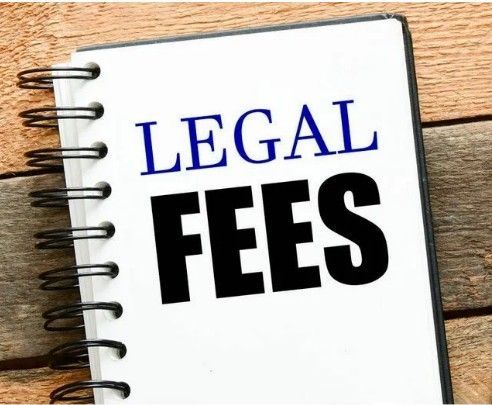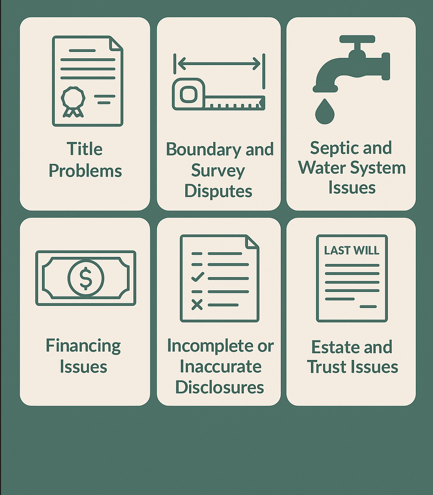Key Terms in Home Buying: Breaking Down Earnest Money vs. Down Payment

When navigating the process of buying a home in Vermont, it's crucial to understand the differences between earnest money (or contract deposit) and a down payment. These terms are often used interchangeably, but they serve distinct purposes in the home buying journey.
Earnest Money/Contract Deposit
- Definition: Earnest money, also known as a contract deposit or escrow deposit, is a sum paid into an escrow account after a seller accepts your offer on a house. It's essentially a show of good faith, signaling your serious commitment to the transaction.
- Purpose: The primary objective of earnest money is to demonstrate to the seller that you are serious about purchasing the home. It acts like a security deposit, ensuring the seller of your intentions.
- Amount and Calculation: The amount of earnest money varies, typically calculated as a fixed amount or a percentage of the home's purchase price, depending on the market. It can range from 1% to 2% of the purchase price, or even up to 10% in highly competitive markets.
- Refundability: Under certain conditions, such as when contingencies like home inspection, financing or appraisal are not met, earnest money can be refundable.
- Application: If the home purchase proceeds to closing, the earnest money is generally applied towards the down payment. If the transaction doesn't close, there's a risk of losing this deposit unless specific contingencies are met.
Down Payment
- Definition: A down payment is the portion of the home’s purchase price that you pay upfront. It's directly paid to the seller, with the remainder of the home's cost covered by your mortgage.
- Purpose: The down payment is a requirement by lenders to secure a mortgage. It demonstrates your financial commitment to owning the home and affects your mortgage approval, monthly payments, and the need for private mortgage insurance (PMI).
- Minimum Requirements: Lenders typically require a minimum down payment, often 3% of the home's purchase price. However, a 20% down payment is ideal as it increases mortgage approval chances and reduces monthly payments.
- Impact of Less Than 20% Down Payment: If the down payment is less than 20%, lenders usually require the purchase of PMI, which serves as protection for the lender in case of loan default.
Key Differences
- Nature: Earnest money is a good faith deposit to the seller showing commitment, while a down payment is a financial requirement by the lender.
- Payment Recipients: Earnest money is paid into an escrow account and may be refunded under certain conditions, while the down payment is paid to the seller and is a requirement of the mortgage process.
- Negotiability: The amount of earnest money can be negotiated between the buyer and seller, but the down payment amount is typically dictated by the lender's requirements.
In summary, while both earnest money and down payments are integral to the home buying process, they serve different purposes and have distinct implications for the buyer. Understanding these differences can help you navigate the home buying process more effectively and avoid potential misunderstandings.










